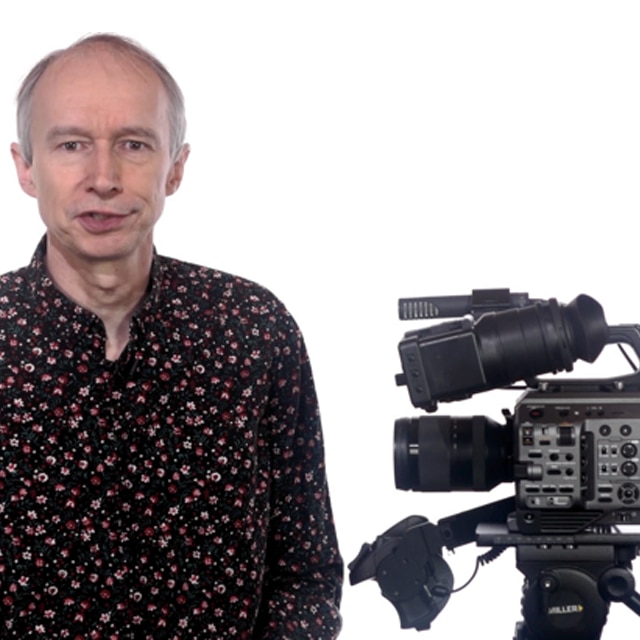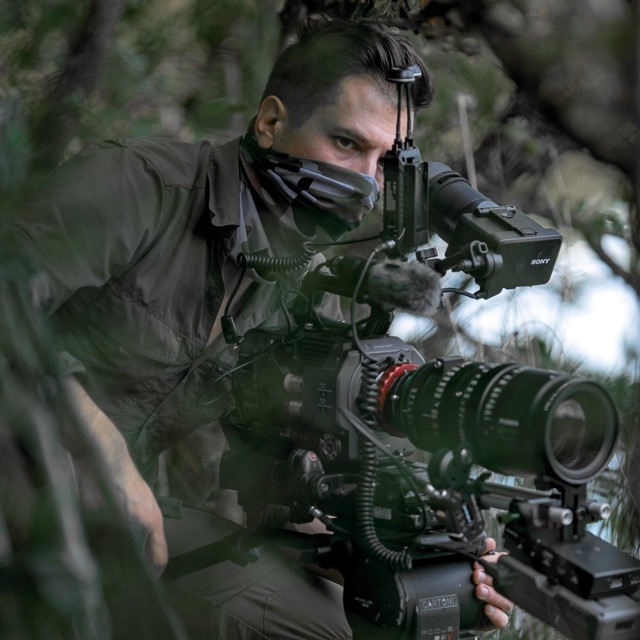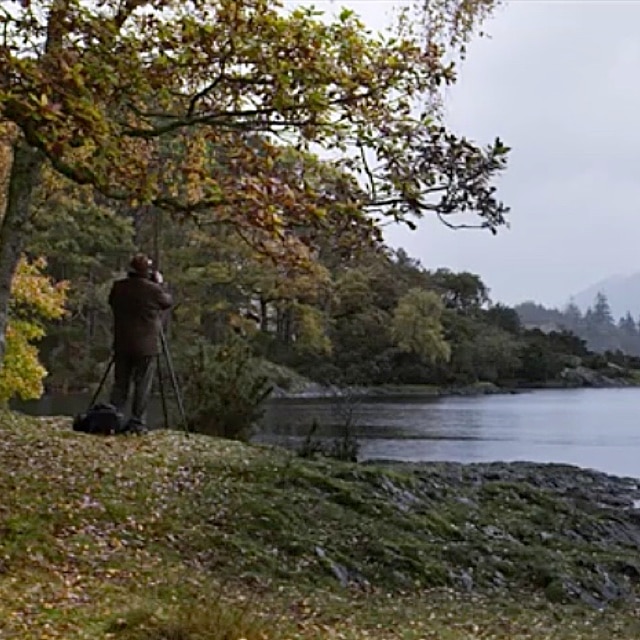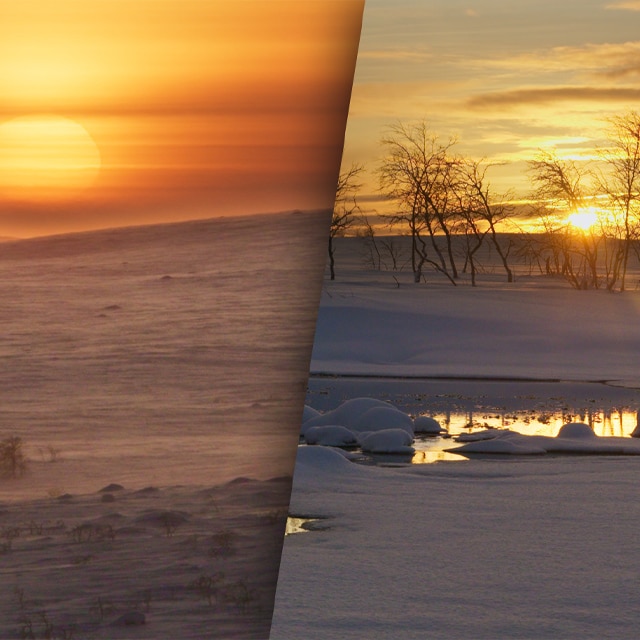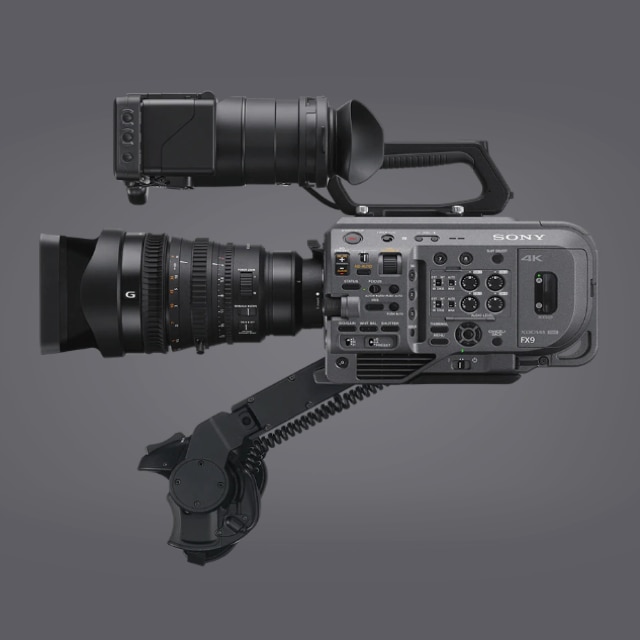Kenzen's film-making journey with full-frame FX9
Up-and-coming cinematographer Kenzen Takahashi has been passionate about film-making since childhood. He’s made waves on social media with his stunning showreel, shot during a socially-distanced 2020 with his own FX9 camera.
Interview features clips from showreel courtesy of Kenzen Takahashi and intended for mature audiences.
An attention-grabbing debut
Based in San Francisco’s Bay Area, ambitious young cinematographer Kenzen Takahashi has already grabbed the creative community’s attention with his arresting showreel shot on the Sony FX9 full-frame camera. His own route into film-making has been through a slightly unusual route, as Ken relates: “I was an extra on the Netflix teen drama series Thirteen Reasons Why, together with my now-girlfriend who’s ended up being my producer partner. On set I constantly watched the crew at work, asking questions and writing notes about everything I saw.”

Making a break
Through sheer persistence, Ken hustled his way from extra to the other side of the camera, first as a runner/PA and then getting his break as a grip on the set of Thirteen Reasons Why, before moving on to grip on The Matrix 4. To progress his film-making journey, Ken quickly realized that he needed to start creating his own body of work: “It was clear I needed a reel to show other people in the industry and establish my credibility.”
I think the FX9 competes with any camera, including the ones that are 20,000 or 40,000 dollars more expensive.
Kenzen Takahashi, cinematographer
Realizing a creative vision
Self-starter Ken got straight down to the business of assembling a team to make the project happen. He inevitably wore a lot of production hats, from directing and operating the camera to rigging lights and sound. During the coronavirus pandemic, he was able to call on favors with friends and connections from his days as an extra and crew member. “Covid meant there were a lot of creative people sitting around with no work and time on their hands,” notes Ken. “Fortunately, I was able to take advantage of that and get some great people on board to contribute.”

Setting the highest standards
From the start, Ken was determined to create a Hollywood-standard reel as a showcase for his creative ambitions and technical ability. His baseline was a camera that was up to the job—and after careful research, he settled on Sony’s FX9 that features Dual Base ISO and S Cinetone™ color science. “I knew that I wanted full-frame,” confirms Ken. “I just couldn’t find the right one for me with the price point and the image quality. And then I remember watching on Vimeo somebody’s test footage of the Sony FX9, and I was actually blown away. The image quality: it’s everything… it looks so good.”
10-bit quality that beats 12-bit cameras
Ken recalls being ‘shocked’ by the quality of his first test footage coming out of the FX9. “Even shooting in 10-bit it was giving me fantastic latitude, depth and color compared with my previous 12-bit camera.” For the showreel, Ken shot mostly in the camera’s Cine EI mode, using S-Gamut3.cine color mode and S-log3 for the greatest possible dynamic range. “Skin tones are really nice straight out of camera,” enthuses Ken: “That’s why I fell in love with the image quality when I saw the test footage.” Using Sony’s efficient XAVC-I codec gave Ken sumptuous image quality from the camera’s 6K sensor, with the added benefit of compact, easy-to-manage files.

Daylight lighting breakdown diagram, courtesy of Kenzen Takahashi
Absolute confidence in your camera
“Something that was amazing was owning the Sony FX9 and being truly happy with it,” states Ken. “If it looks bad, it’s on me, it’s not on the camera. I can’t blame the camera. And that was a huge part of being able to do this showreel. If I did it on a different camera I might have got a shot that wasn’t so good, and then I would have thought ‘would it have looked good, would this showreel have been better?’ And there’s no worry about that for me with the FX9, which I’m very very grateful for.”

Dual ISO extends dusk shooting
As Ken explains, the camera’s dual native ISO capability and variable ND filter gave him welcome extra creative leeway during the shoot. “I could stay wide open the entire time. And also, I could just make such minute tweaks to the ND, as opposed to making tweaks to the lighting. I did a lot of dusk-for-night shots, because we were very low-budget and I wanted to create separation from the background. It would have been impossible without having 4000 ISO. It really adds an extra thirty minutes to your dusk. You can just keep tweaking the ND, keep tweaking the ISO, and keep going and going and going. There’s never been a time where I thought ‘I wish I had more dynamic range here’—it’s literally never crossed my mind. I think the FX9 competes with any camera, including the ones that are 20,000 or 40,000 dollars more expensive.”
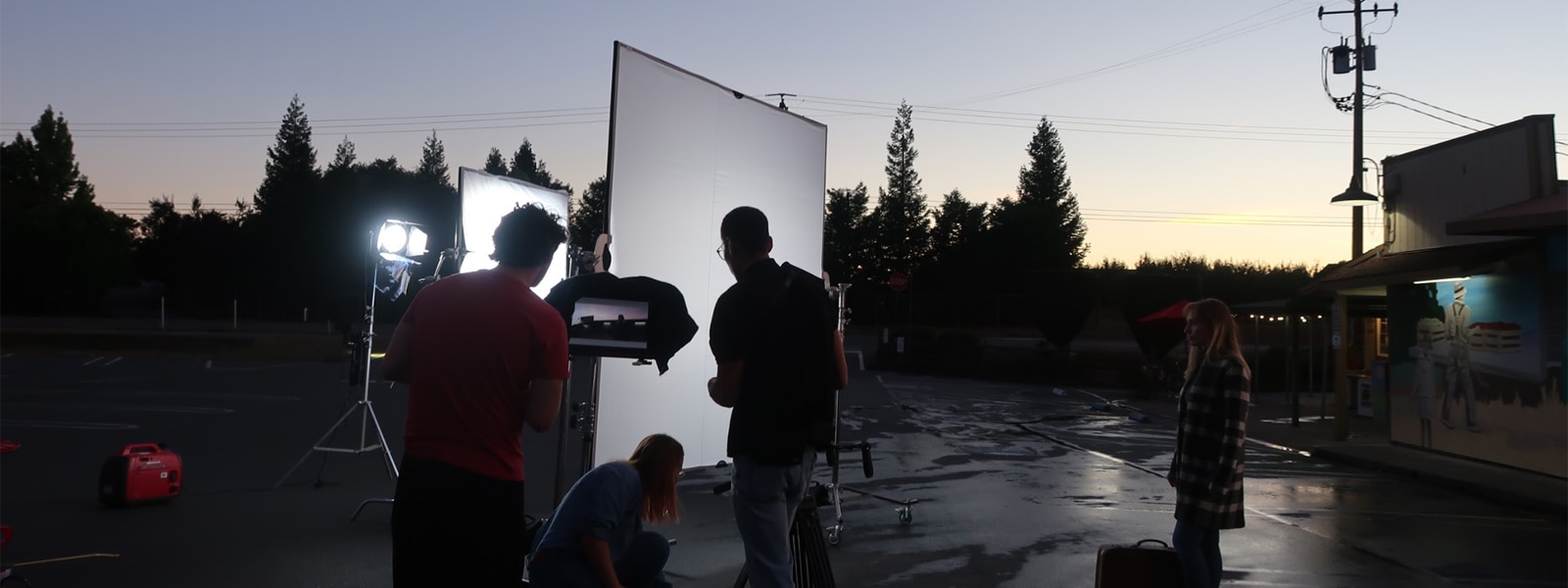
I remember watching somebody's test footage of the Sony FX9, and I was actually blown away. Ultimately I was like… the image quality, it's everything, and it looks so good.
Fast, accurate autofocus
The FX9’s Fast Hybrid AF was another key feature that helped Ken produce Hollywood-standard results with less effort. “I knew we weren’t going to have a first AC for a lot of the time, so being able to use autofocus accurately was huge to me. We were doing a dolly move, and my first AC was pulling focus for the entire day. We were on a 50 mm at f1.4 and he was getting really nervous about it. So I said ‘don’t worry, just fake it and we’ll put it on autofocus.’ It was hilarious—someone came up to him afterward and was saying ‘it’s so good, you were sharp the whole time,’ and it was all autofocus.”

'Full-frame is the future'
Ken is in no doubt that the FX9 has played a major role in his continuing creative journey. “Seeing other people’s perspectives, they were like ‘the grain looks so natural, it looks like film’—that’s something that was really eye-opening to me as well. Never have so many people been up to the monitor and been like ‘this looks so good.’ A big part of that is full-frame—I really think that’s the future. That’s a huge part of why I chose the Sony FX9. It’s just that depth of field—people love that—but also the color science. I mean, it’s just a full package.”

Night-time lighting breakdown, courtesy of Kenzen Takahashi
Making an impression
As soon as Ken posted his completed reel to Facebook, it quickly attracted very positive feedback. In fact, it soon caught the eye of Sony Marketing Manager Jakub Stupalkowski:
“We love to see what filmmakers are shooting with our cameras, to get their feedback on what they like, what we can improve in next firmware updates. We reach out not just to established names, but young upcoming DoPs who we find nowadays especially posting on social media. Ken’s content really stood out for me as some of the best FX9 footage we’ve seen, and it was great to highlight it at our Rewrite The Future digital event. Ken’s showreel is a great testament—not just to the camera, but the talent of all those involved. It’s truly exciting to see what comes next from the FX9 and its users.”

Searching for ultimate image quality
“People ask me all the time ‘what camera should I get?'” reflects Ken. “Most importantly, it’s about image quality. You know a lot of people end up looking at the specs of cameras—how much resolution it has and all that. It’s talked about all the time, but I want to see the footage in the hands of a really good cinematographer. That’s what will determine if this is a really good camera.”
Showreel courtesy of Kenzen Takahashi and intended for mature audiences.

